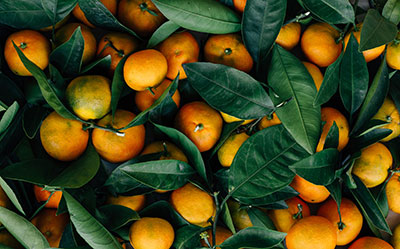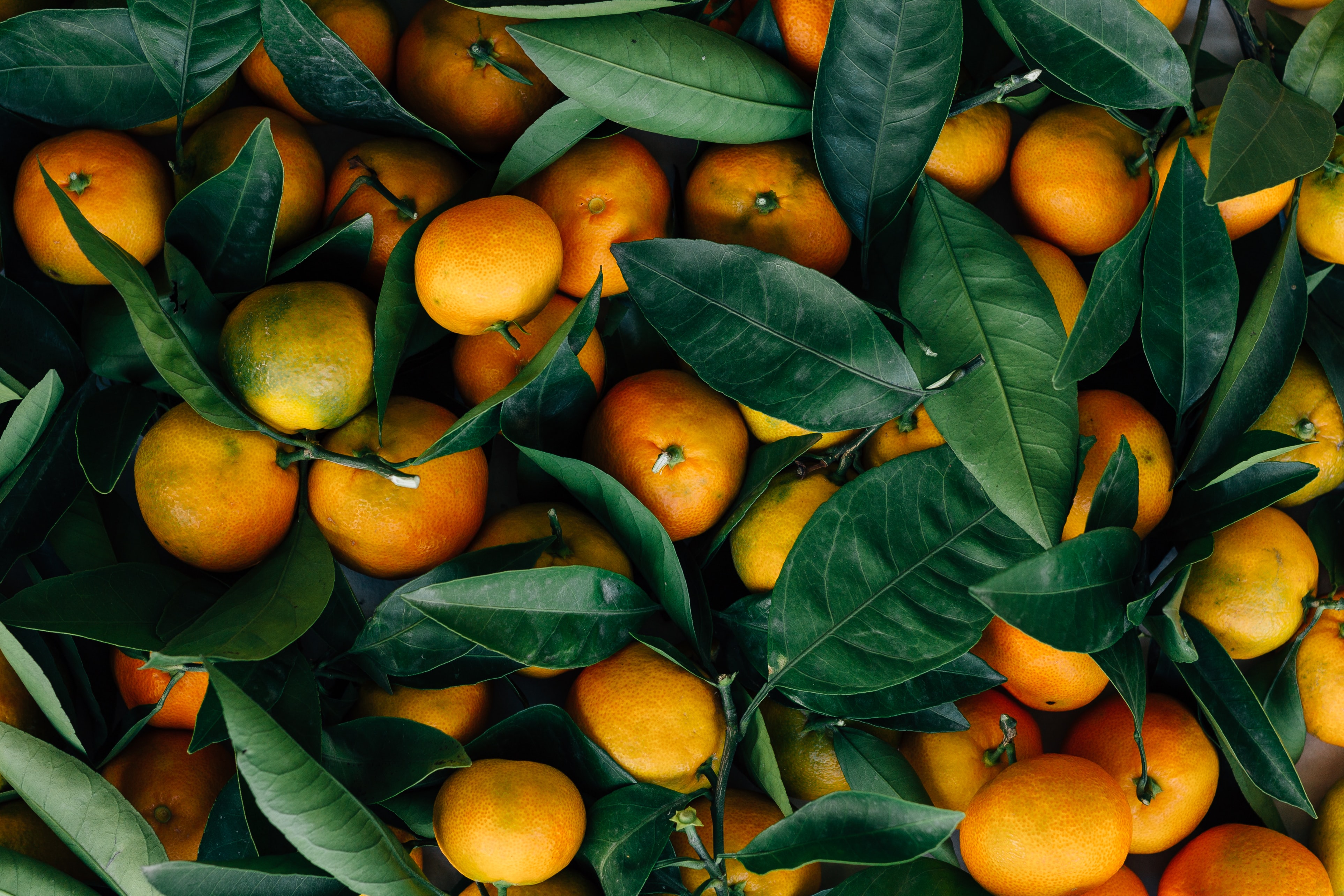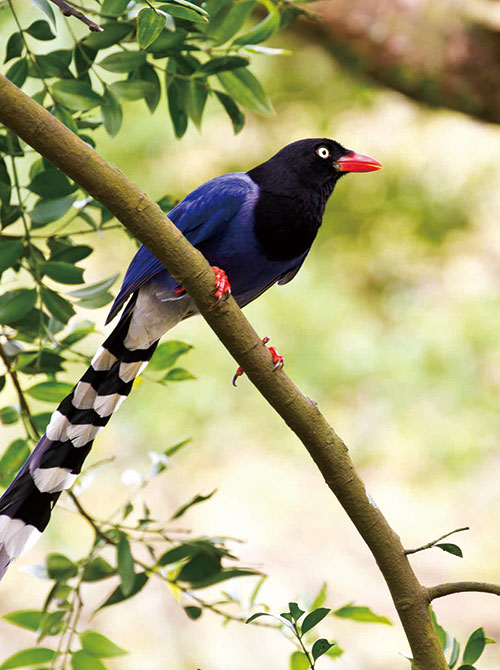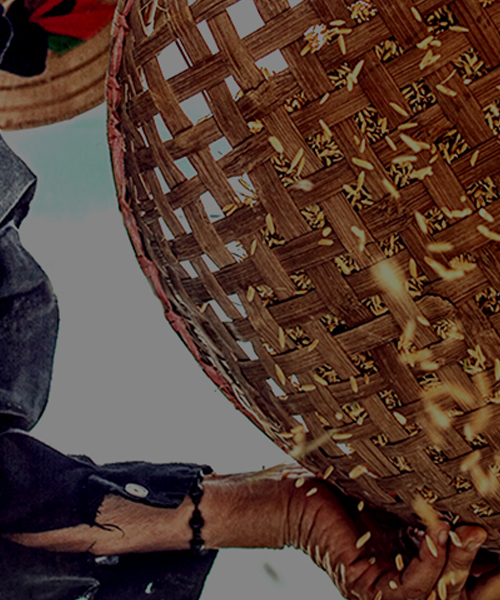Taiwan organic tangerine brings you good luck as well as sweet and sour
- 2019-12-21
- 2020-07-08
- / 2879 Views
- /


Citrus fruits are the most popular fruit in the winter. Citrus tree is ranked as Number 1 in terms of produce. Annual citrus fruit production for world has reached one trillion metric tones. The main production areas are located within the latitude 35 degree north and south. China, Brazil, the United States, Spain and Italy are the top 5 producers in the world. Taiwan is also located in this area and cultivation areas can be found from the north to south. Comparing to other fruit trees, citrus trees have the biggest production and sales amount.
Farmers used to plant most citrus trees on hillsides for sunlight, water drainage and air circulation. On the other hand, soil erosion, poor fertility, inconvenient transportation make it difficult to use bigger machines and then increase labor cost. Recently, more and more orchards can been seen in plains.
How many varieties in the citrus family?
There are more than 30 varieties in Taiwan. The five categories include lemon and lime, pomelo and grapefruit, tangerine and mandarin, oranges and other hybrids. Lemons and limes can be bought all year round. Pomelos and grapefruits are harvested from late August. Tangerines and mandarins are sold in October, followed by oranges in November and hybrids (Tankan, Murcott, Hairi, Round Kumquat) in December. Valencia oranges are sold in March and April. Consumers can enjoy varieties with different sweetness and acidity all year round.
Main production area: Harvesting starts in the southern areas, then in the central areas and finally in the northern Taiwan.
There are more than 30 kinds of diseases and pests to be controlled for citrus fruits. Chemical phytosanitary products are commonly applied to prevent such damages. Farmers are trying methods without chemical phytosanitary products or organic farming practices in Sofung (Hualian), Jhongliao (Nantou), Chunlin (Hsinchu), Zuolan (Miaoli) and etc. Take Huanglongbing (HLB, Greening) for example. Organic farms improve soil fertility with compost facilitated by microbes and enhance crop disease resistance by restoring ecological balance.
Where to find the best quality
Lemon and lime: Jiouru, Pintong
Hairi tangerine: Hsinchu
Round Kumquat: Yilan
Pomelo: Tainan
Valencia oranges: Taitung
Eco-friendly farming with microbe, trimming and weeding.
Mulch from weeding can gradually increase organic matters. Renewal of roots can restore soil. As a result, the root system of citrus trees is enhanced. Weed control lowers the temperature and changes the micro climate on the farm. Then, it reduces the damages caused by diseases and pests. Floss flower, one of the weeds, is a nectariferous plant and attracts predators to control the number of red spiders.
Insects: white spotted longicorn beetles
White spotted longicorn beetle is the main threat for citrus trees. It sucks the goodness out of stems. Without nutrients from roots, new shoots can wilt and trees would die eventually. Organic farmers usually catch longicorn beetles and larva on each tree in the early morning from May to September. Such hard work will be compensated by the increased sugar content and firm texture of citrus as well as a better yield.
How to enjoy citrus fruits
You can eat both the skin and flesh of citrus grown with eco-friendly farming.
- Get Vitamin C directly from fresh fruit.
- Make juice with other fruits, such as pineapples and bananas.
- Make jam.
- Make dried citrus.
- Use sugar to preserve citrus.
- Make citrus vinegar
- Make pâte de fruit
- Decorate desserts
- Add to cocktail or sangria
- Make Western cuisine.
- Extract essential oil.
- Make liquid compost with sugar.
- Preserve with sugar.
- Make wine.
How to use the skin:
- Extract essential oil.
- Make liquid compost with sugar.
- Preserve with sugar.
- Make wine.
- Dry in the sun and burn it to repel mosquitos.
------------------------------------------------------------------------------
參考引用文章:
台灣柑桔產業資訊網
https://agrapp.afa.gov.tw/citrus.asp
柑橘品種與選果小知識
http://www.foodsafetylife.com/other-choose-orange/%E6%9F%91%E6%A9%98%E6%8E%A7%E5%BF%85%E7%9C%8B%EF%BC%81%E6%9F%91%E6%A9%98%E5%93%81%E7%A8%AE%E8%88%87%E9%81%B8%E6%9E%9C%E5%B0%8F%E7%9F%A5%E8%AD%98
有機柑橘真滋味
https://www.leezen.com.tw/article_organic.php?id=46




